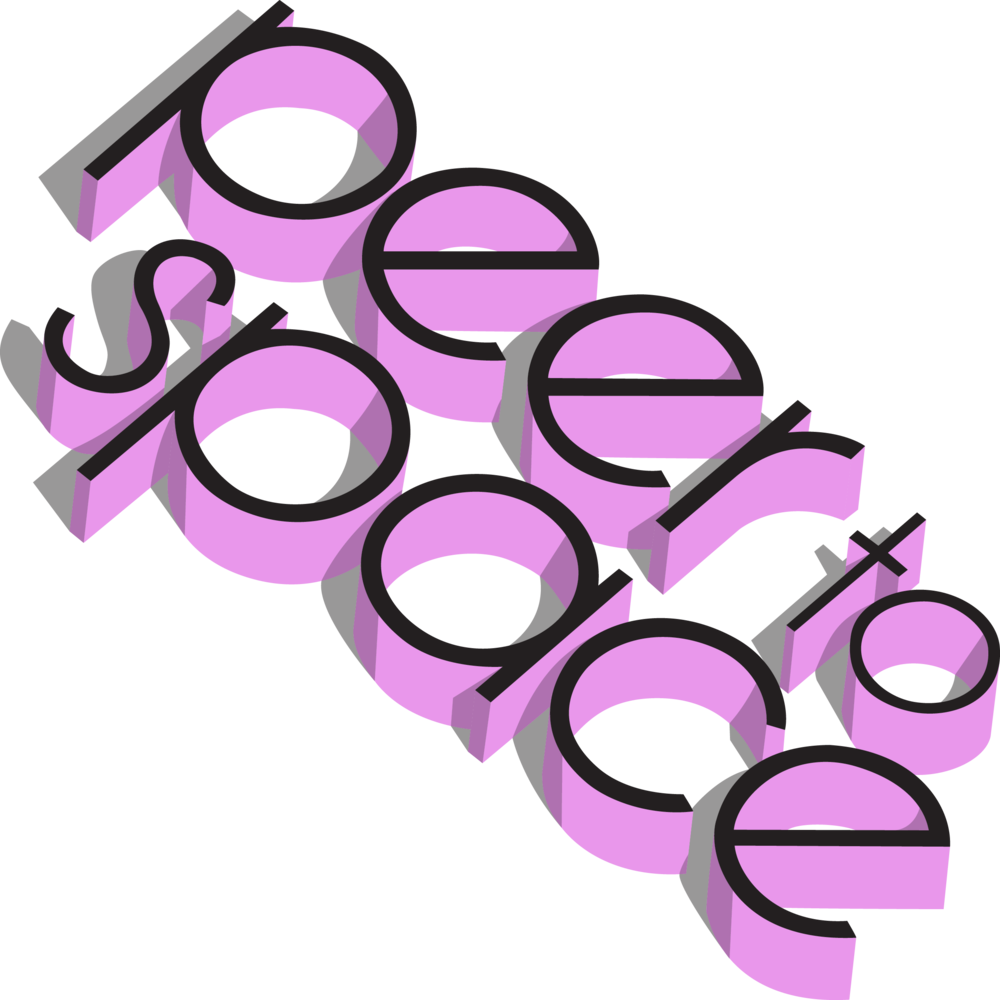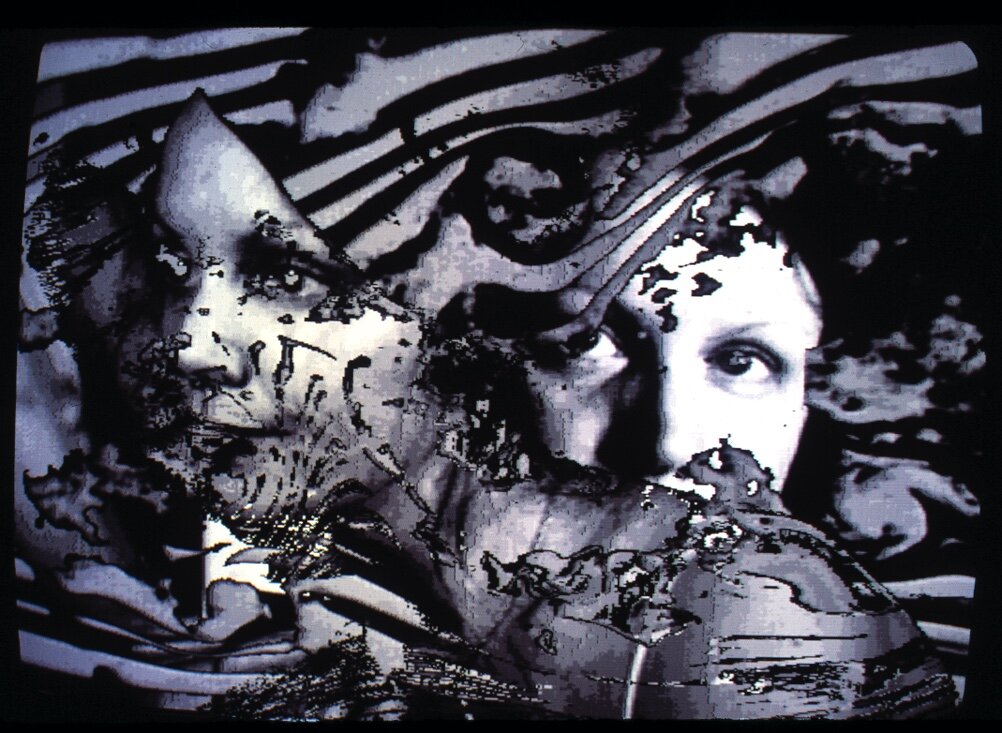THE SCULPTURAL IN THE (POST) DIGITAL AGE
May 26 and 27, 2021 (Full Program here)
Digital technologies have profoundly impacted the arts by expanding the field of sculpture. A number of theoretical approaches discuss the implications of the so-called 'Aesthetics of the Digital', referring, above all, to screen-based phenomena. Art history, however, continues to pay little attention to sculptural works that are conceived and ‚materialized‘ using digital technologies. This is surprising given that computers became an artistic medium in the 1950s, CNC technology was used as early as the 1960s, and 3D scanning and printing processes came to prominence in the 1980s. The symposium aims to discuss current research perspectives on historical and contemporary sculptural phenomena, in particular, how digital technologies re-configure the understanding of sculpture and the sculptural.
The following questions serve as guides for the topics that will be discussed:
How are concepts of monumentality and site-specificity altered, when sculptures easily circulate as files online and can be 3D printed at any time? If artists now model their sculptures with software, how can we make sense of their spatiality, plasticity and materiality? When an object can no longer be grasped in a tactile sense, which modes of perception are addressed? How can we think of an object that arises from an algorithm and appears as pixels on a screen without sharing the same spatial conditions as the viewer? How do we experience objects that only become visible through an app? What ontological status do such computer-aided works possess that can be experienced both physically (for example 3D printing) and virtually (on screen)? How can we interpret concepts of authorship in times of digital coproduction and artificial intelligence? Which forms of participation or interaction does the respective interface address? How does this experience affect the "aesthetic border”?
Through systematic, interdisciplinary and historical examination, the symposium will contribute to discussions on the sculptural in the (post-) digital age with the goal of advancing reflections on the artistic medium for our technological present.
Conception
Ursula Ströbele (Study Center for Modern and Contemporary Art, Central Institute for Art History, Munich) and Mara-Johanna Kölmel (Institute for Art History and Philosophy, Leuphana University, Lüneburg).




